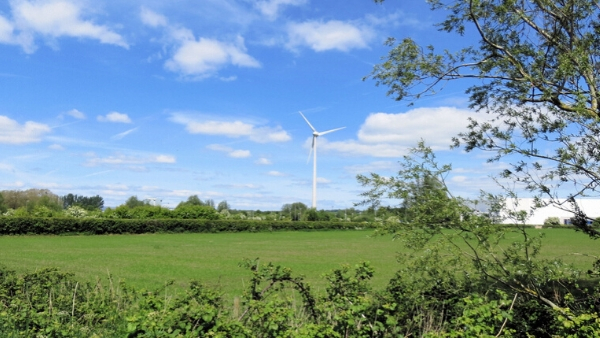Author
A recent High Court case provides useful guidance on the ability of land owners and occupiers to interfere with the exercise of sporting rights over their land. The Court considered what constitutes interference and the appropriate remedy when no financial loss has been suffered.
The case
In Clochfaen Estate Ltd v Bryn Blaen Wind Farm Ltd [2019] the claimant held various shooting, fowling, sporting and fishing rights over land in Wales (“the land”), which was predominantly used by the owners for agriculture. Planning permission had been granted to the defendant wind farm company to construct access roads and a temporary compound on the land, so as to be able to build six wind turbines on adjacent land. The works took just under a year in all, including works carried out to return the temporary compound to agricultural use. The restorative works included upgrading tracks and roads which the landowner then leased to the defendant company for access to the wind farms.
The claimant succeeded in showing that the wind farm company’s use of the land (albeit a small part of the whole area) substantially interfered with the reasonable exercise of their rights. The construction works were deemed to be industrial, and so caused a fundamental change in the character of the land. Not only had the claimant been excluded from exercising its rights over part of the land, but the noise and dust created by the construction would adversely affect the birds and game on the land (despite dust reduction measures having been taken). As a result, the claimant’s declaration was granted.
Claim for compensation
However, the claimant’s application for damages was less successful. It was admitted that the sporting rights had not been used for over 60 years, and expert evidence was accepted that the land provided poor quality shooting, so the rights were of low value. While this was of no consequence to the application for a declaration (or an injunction), the Judge decided that it was unlikely that any financial loss had been suffered by the claimant and nominal damages of £100 were sufficient. Whilst it may be possible to recover ‘negotiating damages’ (i.e. damages equivalent to the amount the holder of the right could have agreed to release their rights for) this was not appropriate here because of the weak bargaining positon of the claimant.
Injunction
Finally, the Judge declined to grant an injunction as the construction works had been completed and there was therefore no interference to stop. The defendant company’s ongoing use of the access road was unlikely to interfere with the claimant’s reasonable exercise of their rights in the foreseeable future.
This case demonstrates that sporting rights will be protected from interference by the courts even when the rights are not actively being used. However financial loss must be evidenced to be able to recover damages, and the interference must be ongoing, or shown to be likely to reoccur, in order to obtain an injunction.
Print article

